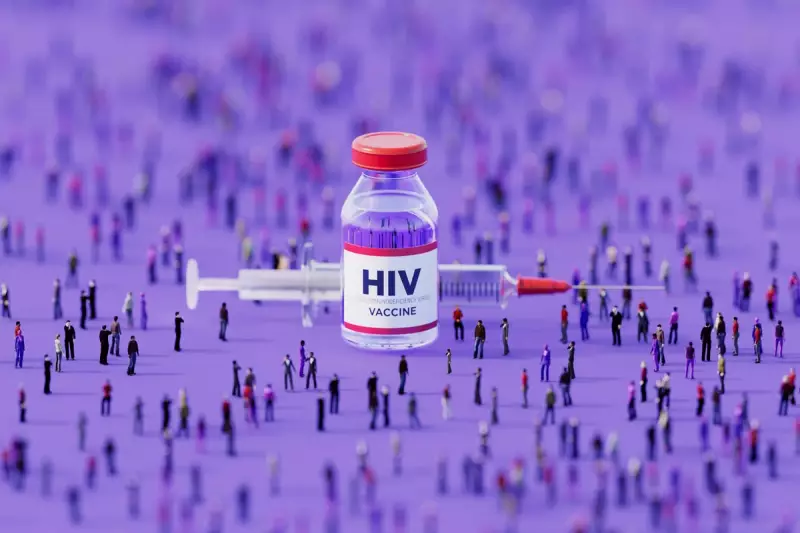
Health authorities are sounding the alarm over a disturbing new trend sweeping through vulnerable communities in East Africa and the Pacific Islands, where drug users are deliberately sharing HIV-infected blood in a practice known as 'Bluetoothing' or 'flashblood'.
The Dangerous New Ritual
This harrowing practice involves HIV-positive individuals drawing their own blood and sharing it with other drug users who cannot afford or access their own supply. The recipients inject this infected blood to experience a brief high, creating a devastatingly efficient pathway for HIV transmission.
Accelerating Crisis in Vulnerable Regions
According to recent reports, this phenomenon is particularly prevalent in Tanzania's Zanzibar archipelago and has been detected spreading to other regions including Kenya, India, and several Pacific Island nations. Health workers describe it as one of the most concerning developments in the ongoing battle against HIV.
Why 'Bluetoothing'?
The term 'Bluetoothing' draws a chilling parallel to the wireless technology that allows devices to share data seamlessly. Similarly, this practice enables the effortless transmission of HIV between individuals, creating what experts describe as 'super-spreader' events within drug-using communities.
The Human Cost
Frontline health workers report encountering young people in their twenties who are already in advanced stages of AIDS, with the rapid transmission facilitated by Bluetoothing accelerating their decline. The practice is particularly dangerous because it bypasses the relative protection that sterile needle use provides.
A Perfect Storm of Factors
- Poverty and desperation drive the practice
- Limited access to clean needles and harm reduction services
- Stigma preventing users from accessing healthcare
- Limited funding for proper intervention programmes
Call for Urgent Action
Health organisations are urging governments and international bodies to recognise this emerging threat and allocate resources toward comprehensive harm reduction strategies. Without immediate intervention, experts warn that Bluetoothing could reverse decades of progress in HIV prevention and create new epicentres of infection across multiple continents.
The situation represents not just a health emergency, but a humanitarian crisis that demands a coordinated global response before this dangerous practice becomes even more widespread.





